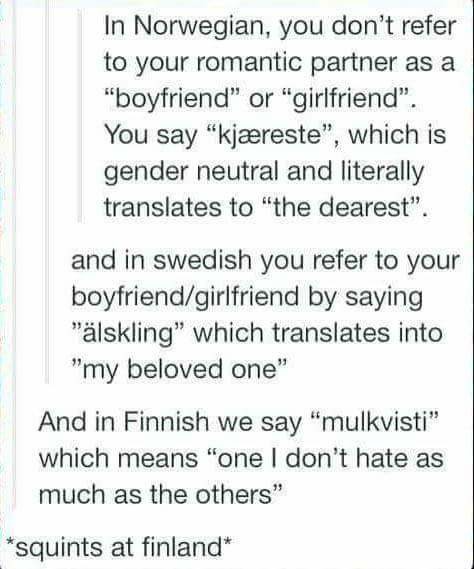Claire Lehmann talks about the most recent ginned-up outbreak of cultural appropriation idiocy:
The flare-up was reported on internationally, and dozens of op-eds both condemning and defending the tweet and the dress spilled forth. Writing in The Independent, Eliza Anyangwe officiously declared that the teenager who wore the offending dress, Keziah Daum, was “the embodiment of a system that empowers white people to take whatever they want, go wherever they want and be able to fall back on: ‘Well, I didn’t mean any harm.’” The title of the piece was “Cultural Appropriation Is Never Harmless.” But it failed to define what cultural appropriation actually is.
For most observers, these complaints are bemusing and baffling. For many, no defense or condemnation of cultural appropriation is required, because such complaints are almost beyond the realm of comprehension in the first place. Without cultural appropriation we would not be able to eat Italian food, listen to reggae, or go to Yoga. Without cultural appropriation we would not be able to drink tea or use chopsticks or speak English or apply algebra, or listen to jazz, or write novels. Almost every cultural practice we engage in is the byproduct of centuries of cross-cultural pollination. The future of our civilization depends on it continuing.
Yet the concept was not always so perplexing. Originally derived from sociologists writing in the 1990s, its usage appears to have first been adopted by indigenous peoples of nations tainted by histories of colonization, such as Canada, Australia and the United States. Understandably, indigenous communities have been protective of their sacred objects and cultural artifacts, not wishing the experience of exploitation to be repeated generation after generation. Although one might be quizzical of complaints about a girl wearing a cheongsam to her prom (the United States has never colonized China) even the most tough-minded skeptic should be able to see why indigenous peoples who have historically had their land and territories taken away from them might be unwilling to “share their culture” unconditionally. Particularly when it is applied to the co-opting of a people’s sacred and religious iconography for the base purposes of profit-making, the concept of cultural appropriation seems quite reasonable.
Nevertheless, the concept quickly becomes baffling when young Westerners, such as Mr. Lam, of the cheongsam tweet, use the term as a weapon to disrupt the natural process of cultural exchange that happens in cosmopolitan societies in which culture is, thankfully, hybrid. When controversies erupt over hoop earrings or sombrero hats or sushi or braids or cannabis-themed parties, the concept of cultural appropriation appears to have departed from its formerly understood meaning — that is, to protect sacred or religious objects from desecration and exploitation. It appears that these newer, more trivial (yet vicious) complaints are the modern-day incarnation of sumptuary laws.
Elites once policed what their social inferiors could wear, in part to remind them of their inferiority, and in part to retain their own prestige and exclusivity. In Moral Time, the sociologist Donald Black, explains that in feudal and medieval societies, sumptuary laws were often articulated with religious or moralizing language, but their intention and effect was simply to provide a scaffold for existing social hierarchies. Writing in the 15th century, French philosopher Michel de Montaigne made the astute observation in his essay “Of Sumptuary Laws”: “’Tis strange how suddenly and with how much ease custom in these indifferent things establishes itself and becomes authority.”




